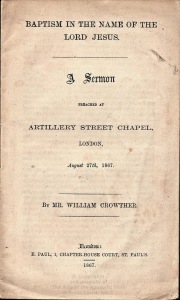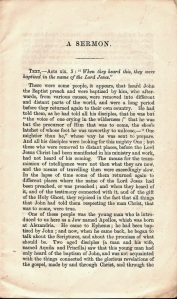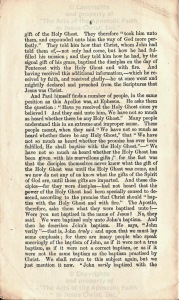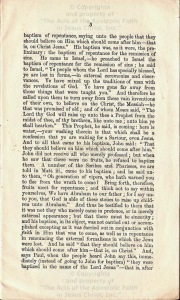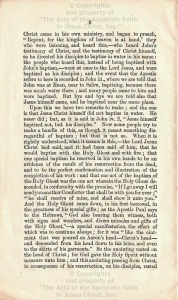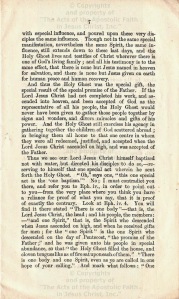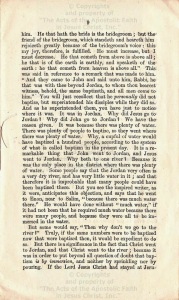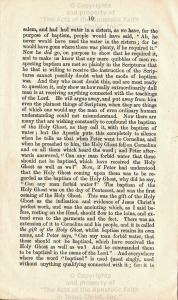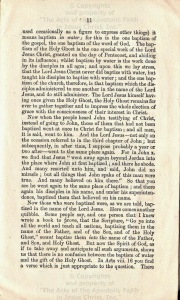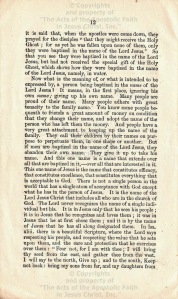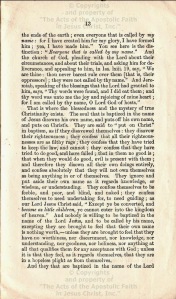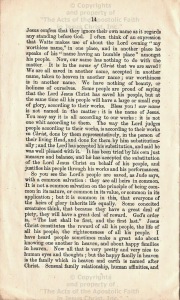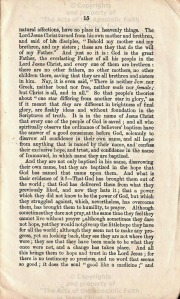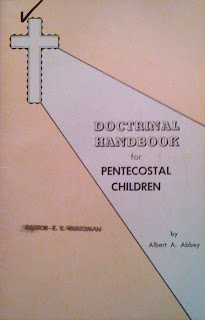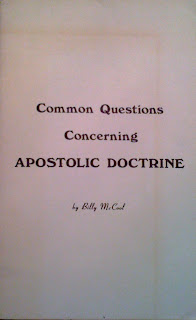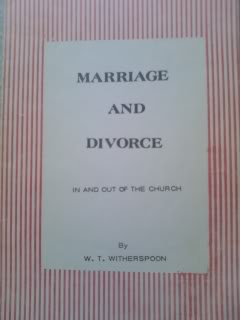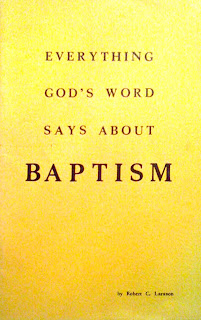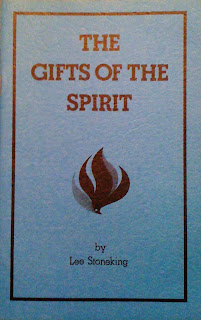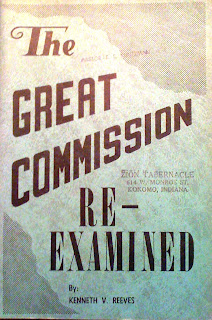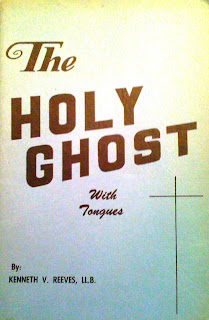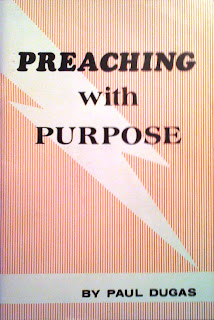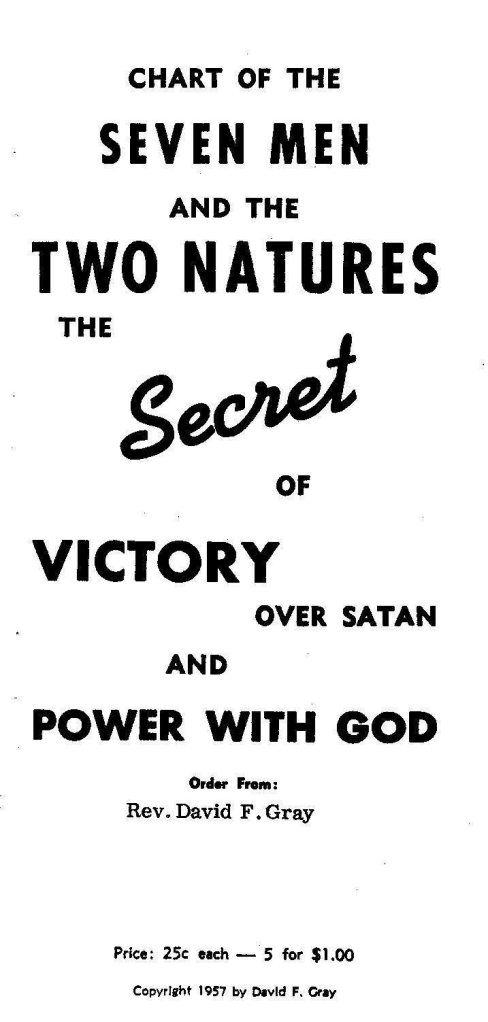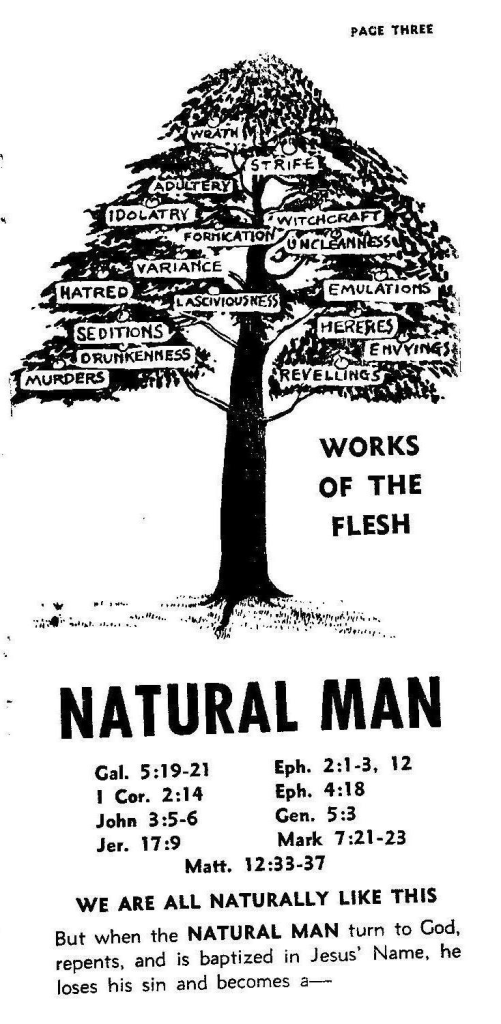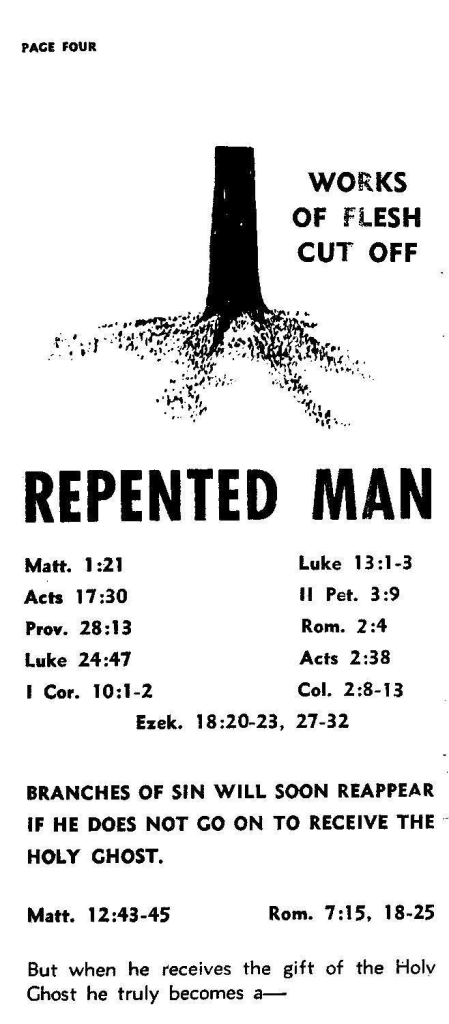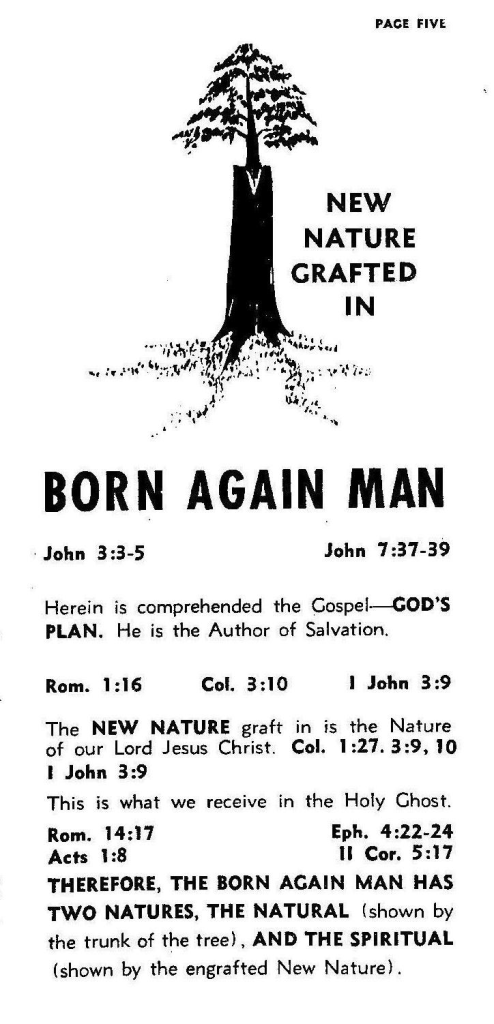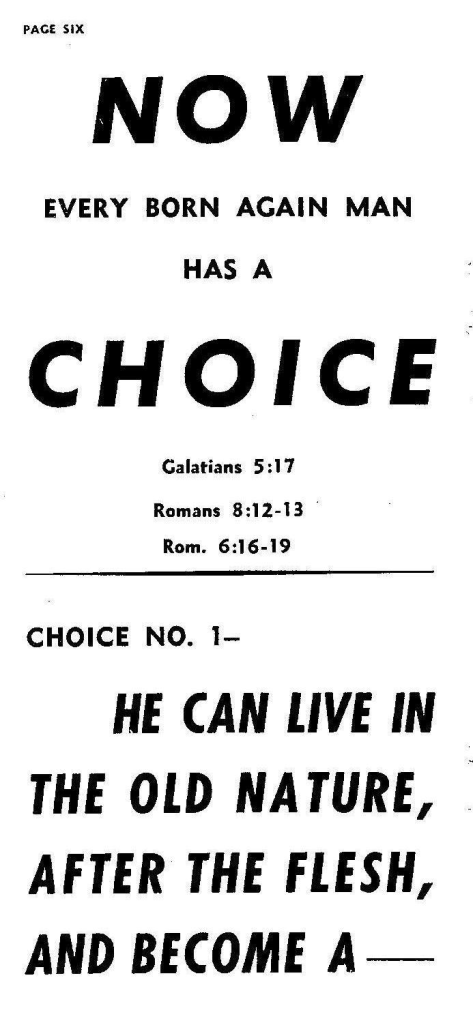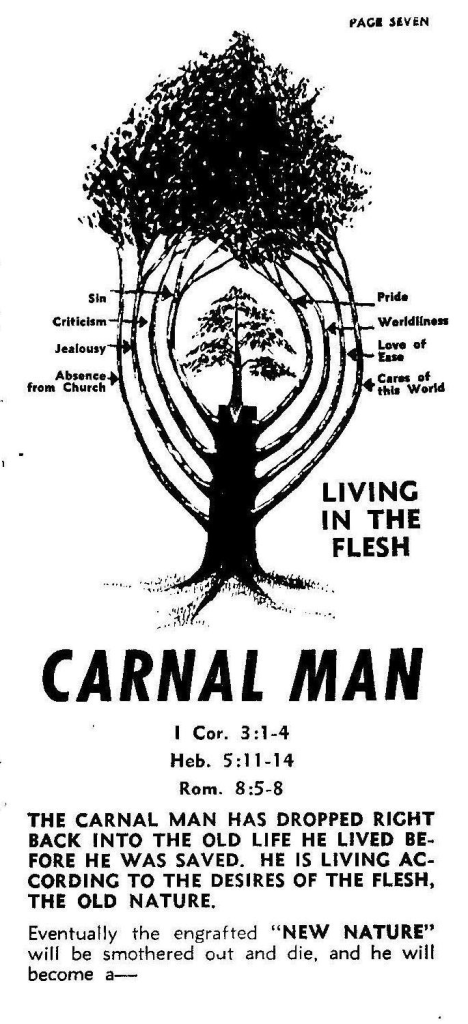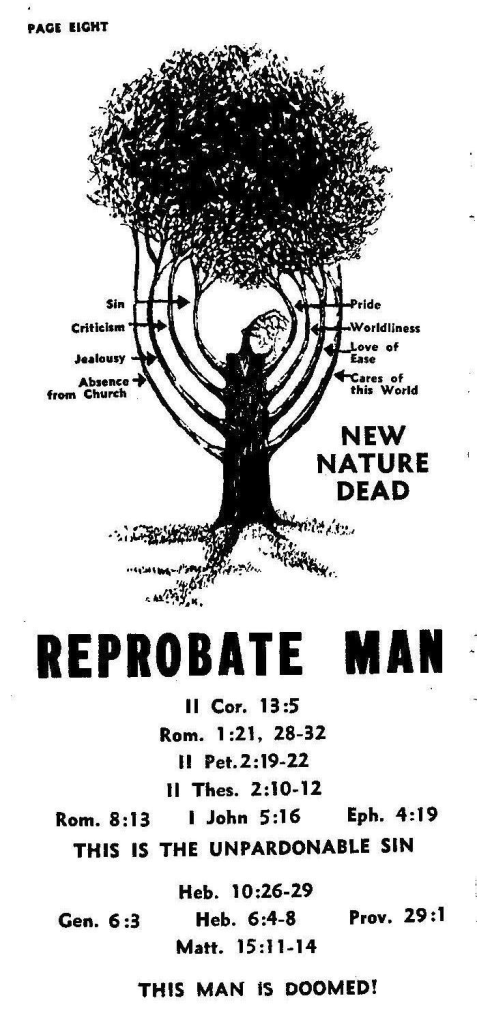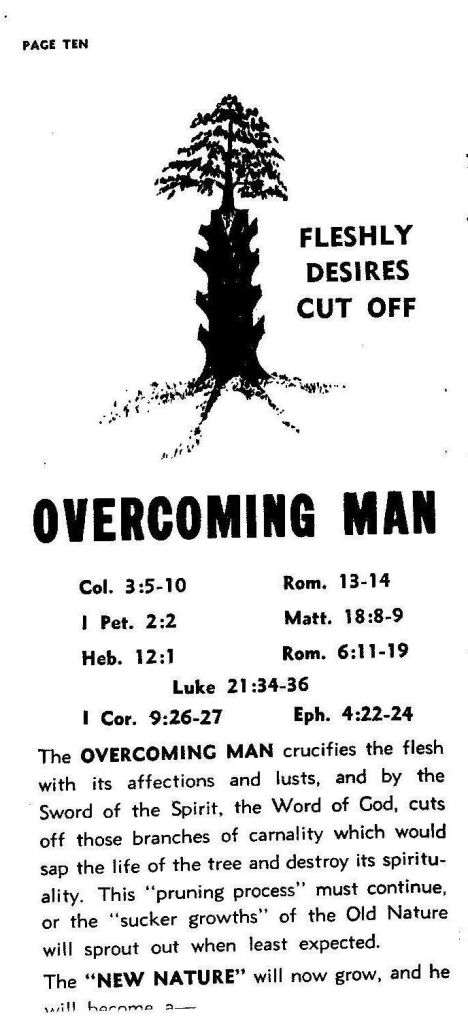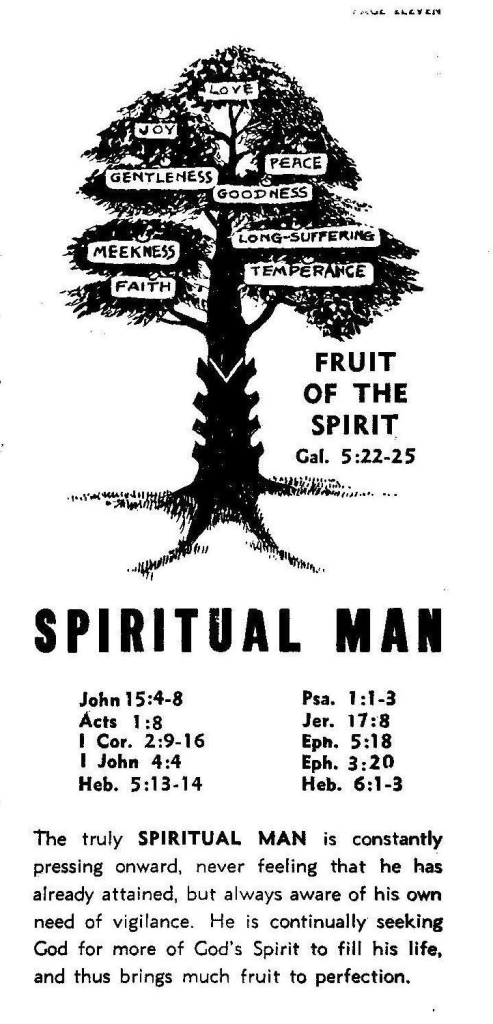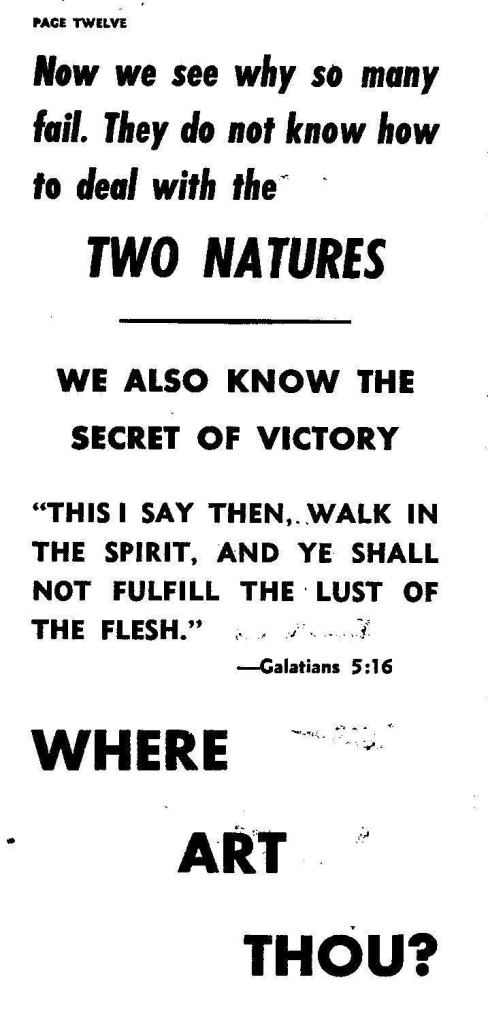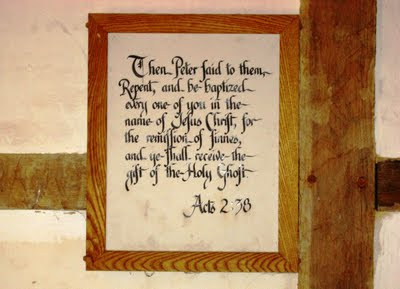Episode: The Spiritual and Practical Sides of Ministry (12/09/2023): https://sites.libsyn.com/4474441/the-spiritual-and-practical-sides-of-ministry#
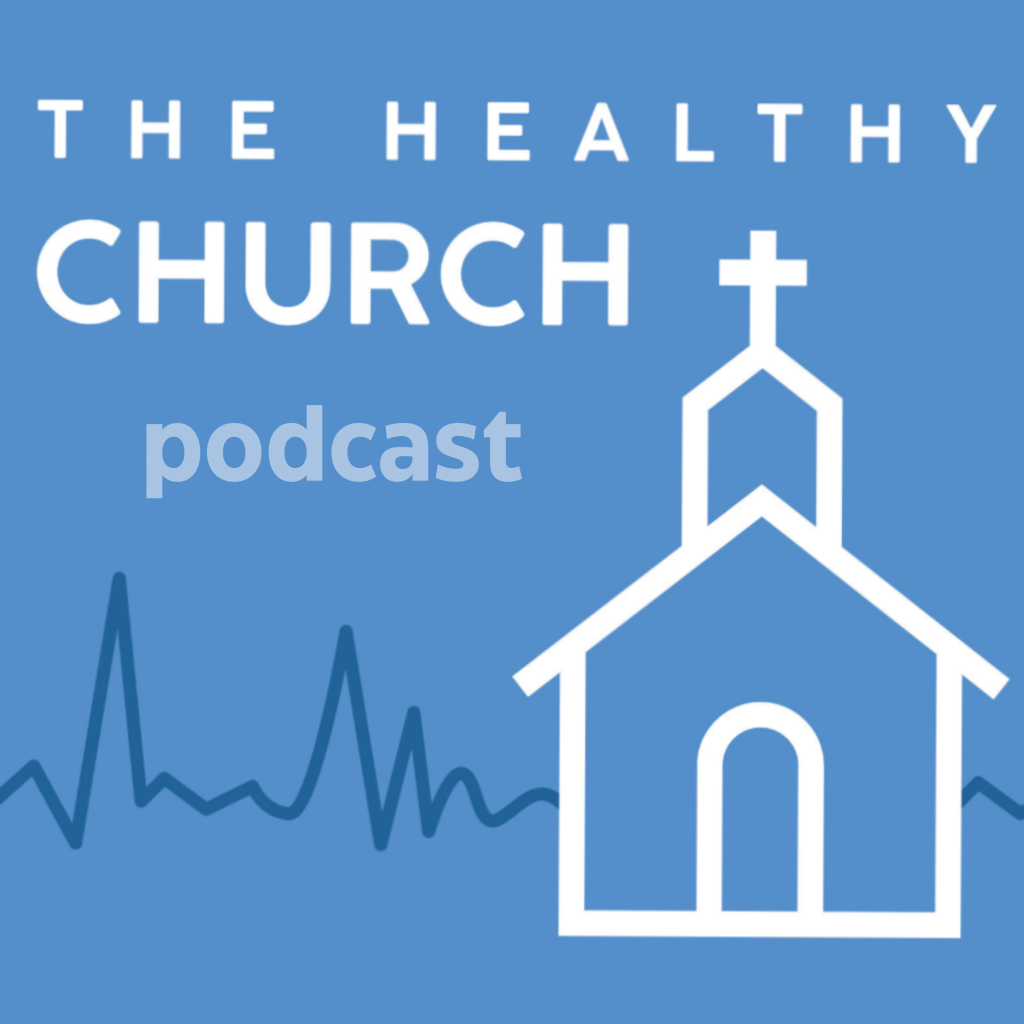
We were recently blessed, in West Virginia, by the ministry of Pastor Alan Hosch, and his wife, Rachel. He has been a senior pastor for 18 years and has served the last 14 years as senior pastor of Apostolic Gospel Church of Harris, Minnesota. The Hosch’s also have three sons and two daughters-in-law.
Alan & Rachel have a beautiful ministry of encouragement, especially for those in pastoral ministry. He is also a missionary to South Asia, a podcaster, a bi-vocational pastor and has recently written a book entitled The Healthy Church.
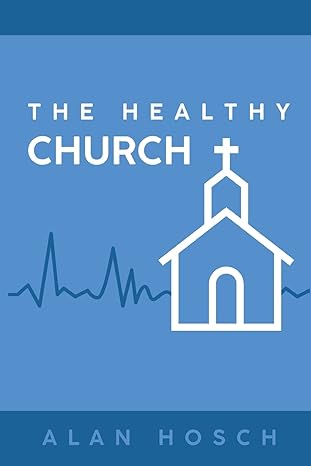
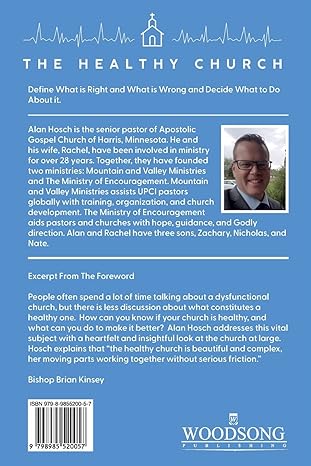
If you serve in any area of ministry The Healthy Church will be a blessing to you. I appreciate Pastor Hosch for having the burden and vision to write such a book because he is addressing issues that need addressed right now in the the Body of Christ.
As presbyter of section 4 in the West Virginia / Wester Maryland District of the United Pentecostal Church International (UPCI), it was my honor to host our section’s annual ministers and spouses Christmas banquet. Pastor Hosch and I were reacquainted at General Conference of the UPCI and after we spoke the Holy Spirit prompted me to ask him to be our guest speaker at the event. I am so glad he was able to oblige us because what he shared with over 60 the pastors, ministers and spouses richly blessed and encouraged them as he spoke on the necessity of refusing to allow the enemy to bind them and their ministries with thoughts of inadequacy and condemnation. If you need similar encouragement, read his book!
Pastor Hosch also has a podcast entitled: The Healthy Church Podcast, which contains over 20 episodes where he has interviewed many ministers from a wide variety of ministries and experiences. If you recognize these names then you will want to give the podcast a listen: Raymond Woodward, Aaron Soto, Jerry Dean, Brian Kinsey and others.
I was pleasantly surprised and honored when Pastor Hosch asked to interview me for the episode linked at the top of this page (and below). Normally, I would not be so bold as to post a podcast I’m in and ask everyone to listen to it, but I believe that Alan Hosch has been situated at a strategic time by God to ask questions, open topics and engage in dialogue that needs to be discussed in our movement.
Some questions in the interview:
- What is the greatest challenge to the practical side and/or administration of the local church?
- What is the greatest challenge to the spiritual side of local church ministry?
- How does one use the Gifts of Wisdom and Knowledge to understandthe hidden struggles in the church?
So, I hope you will give it a listen: The Spiritual and Practical Sides of Ministry.
You can also find The Healthy Church Podcast on Spotify.
Oh, and HAPPY NEW YEAR!

